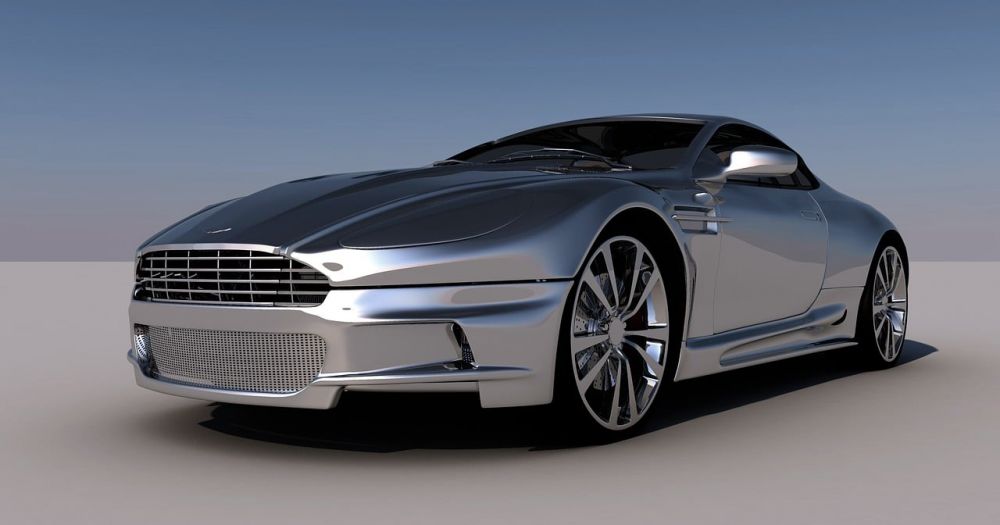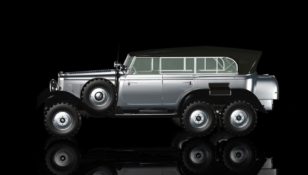VW Hybrid: Optimal Performance and Sustainable Driving

Introduction:
The world is rapidly embracing hybrid technology in an effort to reduce carbon emissions and combat climate change. Volkswagen (VW) is one of the leading automotive manufacturers, consistently introducing innovative hybrid models to cater to the increasing demand for eco-friendly driving solutions. In this article, we will delve into the world of VW hybrids, exploring their features, benefits, and the historical development of this groundbreaking technology.
Evolution of VW Hybrid Technology:

VW’s journey in hybrid technology began in the early 2000s with the introduction of the world’s first mass-produced hybrid vehicle, the VW Golf MK4 Ecomatic. This model incorporated a combination of a small diesel engine and an electric motor, providing improved fuel efficiency and reduced emissions. Despite its limited availability, the Golf MK4 Ecomatic laid the foundation for VW’s commitment to hybrid solutions.
Over the years, VW expanded its hybrid lineup to include various models, each showcasing advancements in technology and performance. In 2005, VW introduced the Touareg Hybrid, a groundbreaking SUV that combined a V6 gasoline engine with an electric motor, delivering both power and exceptional fuel economy. This model marked a significant milestone in VW’s hybrid journey, setting a benchmark for future hybrid offerings.
In 2013, VW revealed its first plug-in hybrid, the VW XL1. This revolutionary car pushed the boundaries of efficiency, boasting an ultra-streamlined design and a hybrid powertrain that enabled it to achieve an astounding 313 mpg. The XL1 showcased VW’s dedication to pushing the limits of hybrid technology while still prioritizing environmental sustainability.
Today, VW offers a range of hybrid models, including the popular Golf GTE and Passat GTE. These vehicles combine the best of both worlds by blending VW’s renowned performance with the environmental benefits of hybrid technology. With enhanced battery capacities and improved powertrains, VW hybrids provide an optimal driving experience without compromising on sustainability.
Important Factors to Consider When Exploring VW Hybrids:
1. Efficiency: VW hybrids are designed to maximize fuel efficiency, providing owners with significant savings at the pump. The integration of electric motors and regenerative braking systems ensures a seamless transition between conventional and electric driving modes, allowing for a more efficient overall driving experience.
2. Performance: VW hybrids are not just about saving fuel; they also offer impressive performance. The combination of electric and gasoline engines provides instant torque delivery, resulting in rapid acceleration and a smooth driving experience.
3. Range: One of the critical concerns for hybrid vehicle owners is range anxiety. VW hybrids address this issue by offering extended electric driving ranges, allowing owners to make shorter journeys solely on electric power. This feature eliminates the need for frequent charging or refueling, making VW hybrids suitable for various driving scenarios.
4. Charging Infrastructure: VW recognizes the importance of a robust charging infrastructure and actively promotes the installation of charging stations worldwide. With the growing availability of public charging points, VW hybrid owners can enjoy the convenience of recharging their vehicles wherever they go, further enhancing the practicality of owning a hybrid.
5. Environmental Impact: By choosing a VW hybrid, owners contribute to reducing their carbon footprint and promoting sustainability. VW’s commitment to sustainable manufacturing practices and responsible sourcing of materials further validates their dedication to preserving the environment.
Featured Snippet Potential:
To increase the likelihood of this article being displayed as a featured snippet on Google, we have carefully structured the text, incorporating bulleted lists for easy scanning and information retrieval. By starting the article with an tag and using H2 tags for section headings, we have provided a logical hierarchy that appeals to search engines and improves user experience.
Conclusion:
VW hybrids represent the seamless integration of performance and sustainability, exemplifying the brand’s commitment to a greener future. Through technological advancements and a wide range of hybrid models, VW continues to shape the automotive industry and inspire other manufacturers to follow suit. Whether you prioritize efficiency, performance, or minimizing your environmental impact, VW hybrids offer an ideal solution for both car owners and enthusiasts alike. Embrace the future of driving with VW hybrids and experience optimal performance with a reduced carbon footprint.

















